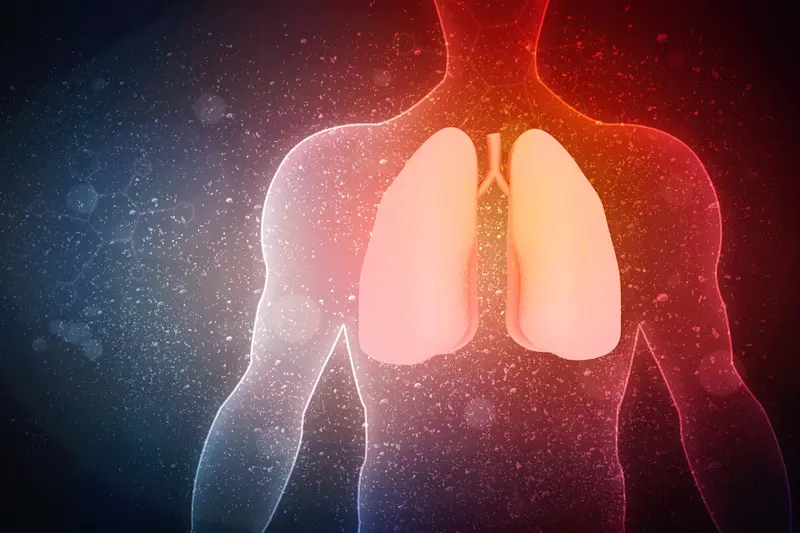
Nature journal has published findings from an independent team who looked at repeating tobacco industry studies to see if the findings hold water. The Replica Project conducted three key studies comparing the impact of cigarette smoke and e-cig vapour on lung tissue and confirmed the original findings that “demonstrated the reduced toxicity of ENDS [electronic nicotine delivery systems] products compared to cigarettes.”
The massive team of seventeen researchers – independent from the tobacco industry – coordinated their work from multiple centres including Italy, Greece, Oman, Serbia, and the USA. The team believe that this form of collaborative process can and should be continued for future studies.
The work has been documented in the paper “Electronic nicotine delivery systems exhibit reduced bronchial epithelial cells toxicity compared to cigarette: the Replica Project”.
This kind of research is important because tobacco controllers, public health bodies, universities and politicians discount any research conducted by the tobacco industry and so it never gets taken into consideration when making policy decisions.
This is the first time positive tobacco industry research has been repeated by independent academics and adds to the body of knowledge that states vaping is far safer than smoking.
They took bronchial epithelium cells (cells that line certain parts of the lungs) and subjected them to tobacco smoke and e-cigarette vapour. They took measurements from three separate investigations, noting something called ascytokine levels – the amount of build up of a special type of protein that indicates the stress placed on a cell, and allows them to estimate the level of cell damage.
What became clear to the research team was that electronic cigarettes produce a vapour that is “substantially reduced” in its levels of toxicity compared to the levels of toxins found in tobacco smoke.
More than that, in most of the work they conducted, they found that vaping produced no toxic effects. This confirms that it is the other chemical compounds found in tobacco smoke that cause the damage to the lining of the lungs and not nicotine.
Although the aim was to replicate the original studies, The Replica Project actually tweaked the investigations as the original work mixed tobacco smoke and e-cig vapour with air. By removing the air from the equation, any potential toxic effects from e-cig vapour would have been more pronounced – making it very striking that it made no difference.
The problem in work such as this is that measurements are made on cells in dishes within a research laboratory – and this is not representative of real world smoking or vaping. While people who use a similar method which produces negative results never mention this fact, The Replica Project team are completely up front that this is a potential drawback of the work.
They concluded: “Overall, this study confirmed that most of the harm to bronchial epithelial cells arose from volatile compounds in cigarette smoke rather than … nicotine and demonstrated that ENDS are significantly less toxic compared to cigarettes.”
So, despite some caveats, this is an important piece of work that hopefully paves the way for further collaborative studies which will add to our knowledge about the relative safety of vaping.
